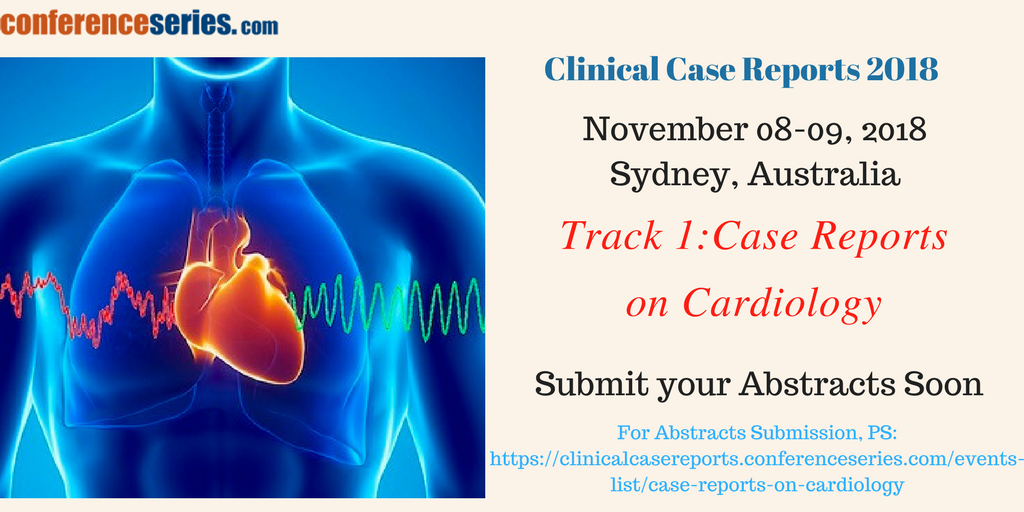The term dysrhythmia comes from Greek, with the word 'dys-', meaning 'bad' and '-rhythmia,' which implies 'rhythm.' While dysrhythmia can be a term applied to brainwaves, it's most often a term relating to heart rhythm.
A rhythm is important to keeping a song or dance going on cue. The same kind of concept applies to the heart. It has a certain rhythm to its heartbeat. If that rhythm is disturbed, it is called a dysrhythmia, also known as arrhythmia or irregular heartbeat.
Types of Cardiac Dysrhythmias:
There are four main kinds of cardiac arrhythmias (dysrhythmias). They are:
- Premature (extra) beats
- Supraventricular arrhythmias
- Ventricular arrhythmias
- Bradyarrhythmias
General signs and symptoms of SVT include the likes of:
- Chest palpitations
- Shortness of breath
- Discomfort in the chest
- Fatigue
- Lightheadedness and fainting
When to see a doctor
Arrhythmias may cause you to feel premature or extra heartbeats, or you may feel that your heart is racing or beating too slowly. Other signs and symptoms may be related to your heart not pumping effectively due to the fast or slow heartbeat. These include shortness of breath, weakness, dizziness, lightheadedness, fainting or near fainting, and chest pain or discomfort.
Risk factors
Certain factors may increase your risk of developing an arrhythmia. These include:
- Coronary artery disease, other heart problems and previous heart surgery. Narrowed heart arteries, a heart attack, abnormal heart valves, prior heart surgery, heart failure, cardiomyopathy and other heart damage are risk factors for almost any kind of arrhythmia.
- High blood pressure.This increases your risk of developing coronary artery disease. It may also cause the walls of your left ventricle to become stiff and thick, which can change how electrical impulses travel through your heart.
- Congenital heart disease.Being born with a heart abnormality may affect your heart's rhythm.
- Thyroid problems.Having an overactive or underactive thyroid gland can raise your risk of arrhythmias.
- Drugs and supplements.Certain over-the-counter cough and cold medicines and certain prescription drugs may contribute to arrhythmia development.
- Your risk of developing coronary artery disease and high blood pressure greatly increases with uncontrolled diabetes.
- Obstructive sleep apnea.This disorder, in which your breathing is interrupted during sleep, can increase your risk of bradycardia, atrial fibrillation and other arrhythmias.
- Electrolyte imbalance.Substances in your blood called electrolytes — such as potassium, sodium, calcium and magnesium — help trigger and conduct the electrical impulses in your heart. Electrolyte levels that are too high or too low can affect your heart's electrical impulses and contribute to arrhythmia development.
- Drinking too much alcohol.Drinking too much alcohol can affect the electrical impulses in your heart and can increase the chance of developing atrial fibrillation.
- Caffeine or nicotine use.Caffeine, nicotine and other stimulants can cause your heart to beat faster and may contribute to the development of more-serious arrhythmias. Illegal drugs, such as amphetamines and cocaine, may profoundly affect the heart and lead to many types of arrhythmias or to sudden death due to ventricular fibrillation.
Prevention
To prevent heart arrhythmia, it's important to live a heart-healthy lifestyle to reduce your risk of heart disease. A heart-healthy lifestyle may include:
- Eating a heart-healthy diet
- Increasing your physical activity
- Avoiding smoking
- Keeping a healthy weight
- Limiting or avoiding caffeine and alcohol
- Reducing stress, as intense stress and anger can cause heart rhythm problems
- Using over-the-counter medications with caution, as some cold and cough medications contain stimulants that may trigger a rapid heartbeat.
For more details on the conference,PS: https://clinicalcasereports.conferenceseries.com/call-for-abstracts.php
References:
- https://www.mayoclinic.org
- https://study.com/

No comments:
Post a Comment